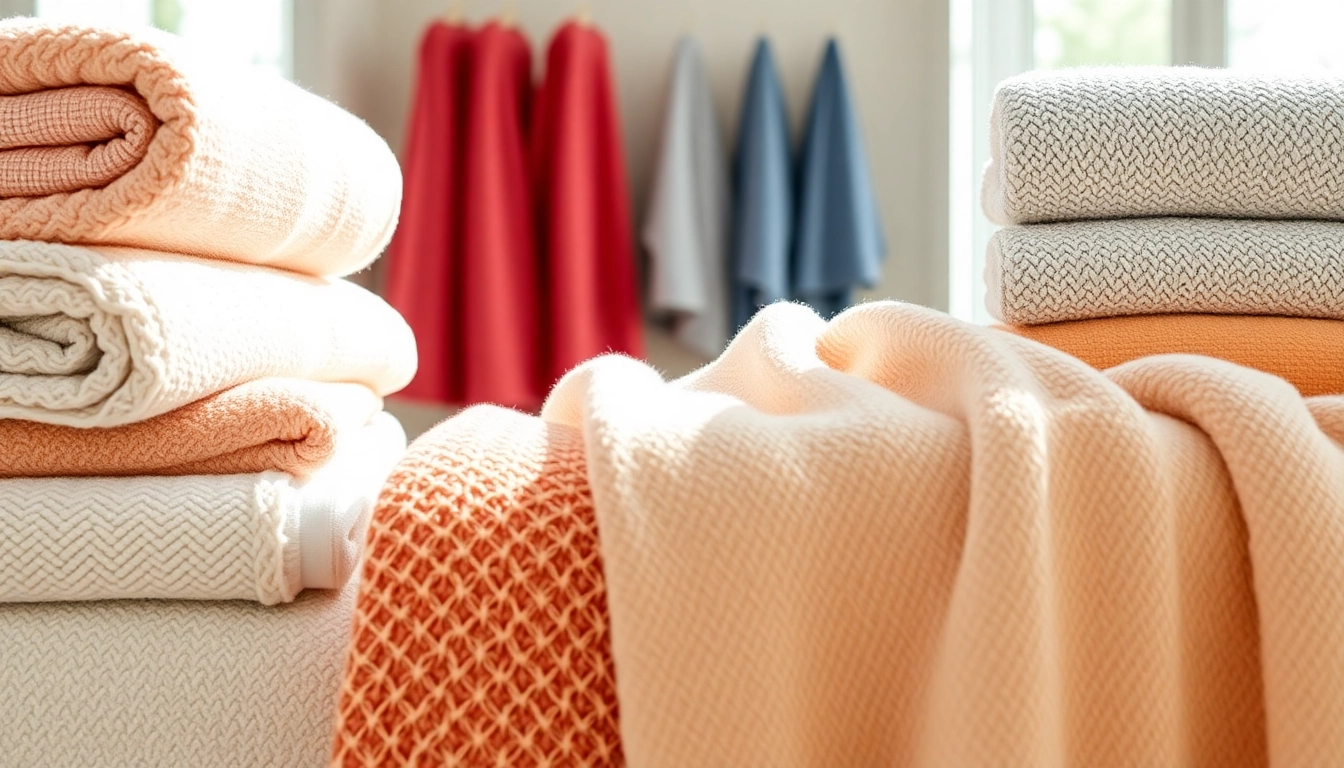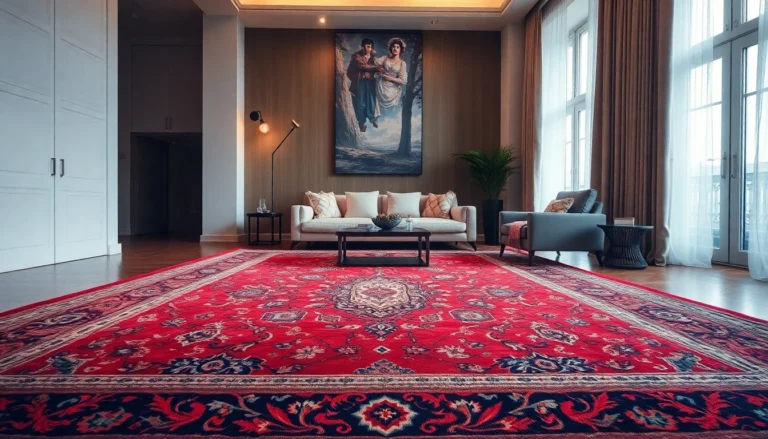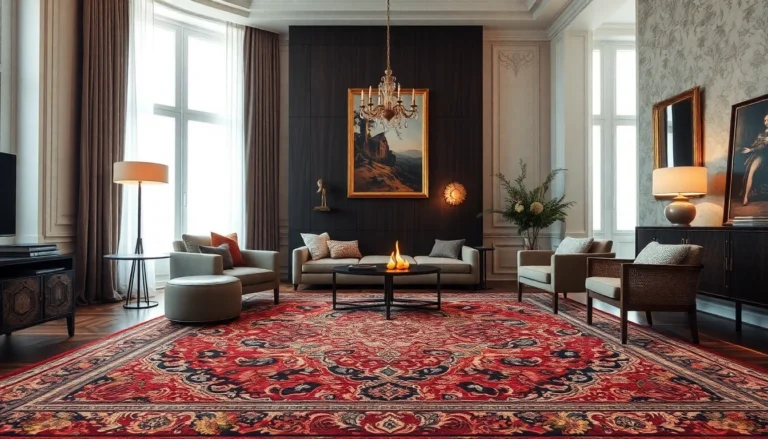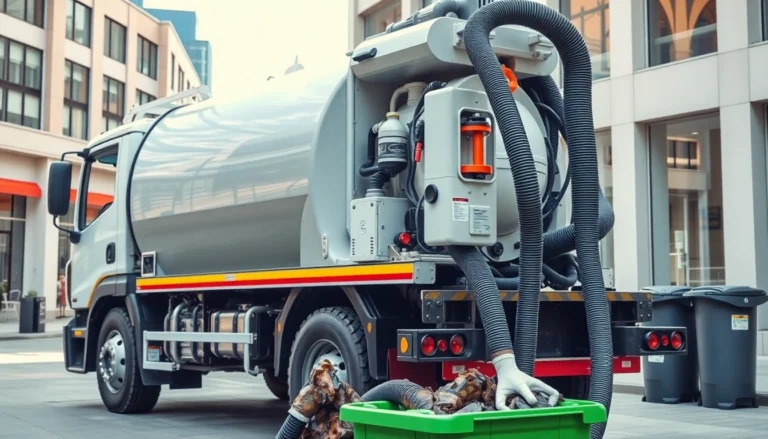Understanding the European Towels Manufacturing Landscape
Europe has long been a hub for high-quality textile production, especially in the realm of towels that serve the hospitality, retail, and luxury markets. With a legacy rooted in craftsmanship, innovative techniques, and a focus on sustainability, European towel manufacturers stand out for their commitment to excellence. If you’re seeking a Towels manufacturer in Europe, understanding the regional dynamics, key players, and emerging trends can help you make informed decisions that align with your brand’s standards and values.
Key Players and Market Overview in Europe
European towel manufacturing boasts a diverse landscape, featuring both longstanding family-owned factories and modern, technologically advanced production facilities. Leading countries include Italy, Portugal, Sweden, and the UK, each contributing unique craftsmanship and innovation. For example, Italy has a rich tradition of producing luxurious, high-end terry towels and bathrobes, with companies like Almatex S.R.L. exemplifying premium Italian quality since 1948. Portugal, renowned for its expertise in eco-friendly materials, produces durable, organic cotton towels ideal for environmentally conscious brands.
Additionally, firms such as Kapatex in the Czech Republic and Bursali Towels in the UK contribute significantly to wholesale and hospitality industry needs. These companies support bulk orders, ensuring that large-scale hospitality providers and retailers maintain consistent quality and supply chain reliability. Overall, the European market offers a broad spectrum of manufacturers tailored to different niches—from ultra-luxurious to budget-friendly options.
Historical Development and Industry Trends
The European textile industry’s evolution reflects a confluence of tradition and innovation. Historically, regions like Northern Italy and Portugal cultivated renowned textile crafts that have since modernized with sustainable practices and technological enhancements. Over the past two decades, increased consumer demand for eco-awareness has propelled the industry toward organic and eco-certified towel production.
One prominent trend is the integration of smart textiles—towels embedded with antimicrobial or moisture-wicking properties—catering to health-conscious consumers and luxury hospitality sectors. Moreover, customization and branding have become vital, allowing businesses to design private-label collections that embody their brand identity while leveraging high-quality European craftsmanship. This dynamic landscape continues to adapt, emphasizing sustainability, innovative aesthetics, and technological integration.
Regional Specialties and Unique Production Techniques
Each European country offers distinct manufacturing specialties rooted in cultural nuances and resource availabilities. Italy is famous for its soft, plush terry towels derived from premium Egyptian and Turkish cotton, often woven with precision craftsmanship suitable for luxury markets. In contrast, Portugal has developed a reputation for producing highly durable, eco-friendly towels with advanced dyeing and weaving techniques, aligning with GOTS and OEKO-TEX standards.
Swedish manufacturers like Ekelund focus on organic linen and cotton textiles, emphasizing sustainable and chemical-free production. The UK, through companies like Bursali Towels, excels in large-scale wholesale production for spas, hotels, and promotional markets, employing cutting-edge machinery for consistency and efficiency. These regional distinctions highlight how local expertise, raw materials, and cultural preferences influence the manufacturing processes and product offerings across Europe.
Factors to Consider When Choosing a Towels Manufacturer in Europe
Quality Standards and Certification Requirements
Quality assurance is paramount when selecting a European towels manufacturer. Certifications such as GOTS (Global Organic Textile Standard), OEKO-TEX, ISO 9001, and ISO 14001 serve as benchmarks for compliance with environmental, social, and product safety standards. Manufacturers like HNB Europe demonstrate long-standing dedication to these standards, ensuring products meet rigorous criteria for durability, safety, and eco-friendliness.
Assessing certification ensures consistency in quality, reduces risks associated with substandard materials, and aligns your brand with sustainable practices—an increasingly critical factor for consumers worldwide.
Manufacturing Capabilities and Product Range
Beyond certifications, evaluating a manufacturer’s capabilities—including production volume, innovation capacity, and product diversification—is vital. Leading European firms often offer extensive product ranges, from basic terry towels to luxury spa towels, beach towels, and custom-designed branded textiles. For instance, companies like Oasis Towels provide bulk manufacturing with flexible options for custom sizes, colors, and embroidery, supporting diverse business needs.
Understanding the manufacturer’s technological infrastructure, such as advanced weaving and dyeing machinery, can influence lead times, quality consistency, and the ability to meet specialized requirements such as quick-drying or antibacterial textiles.
Lead Times, Pricing, and Logistics
Efficient logistical planning is essential for maintaining supply chain fluidity. European manufacturers often have well-established distribution networks, enabling timely deliveries across regions. Factors influencing lead times include order volume, customization complexity, and raw material availability. Transparent pricing models are crucial; typically, higher quality and certifications command higher costs, but bulk discounts and long-term partnerships can optimize expenses.
Early engagement and clear communication about production timelines and logistics help avoid delays and unforeseen costs, enabling better planning and inventory management.
How European Towels Manufacturers Uphold Sustainable Practices
Eco-Friendly Materials and Organic Cotton Usage
Sustainability is now a cornerstone in European textile manufacturing. Many manufacturers prioritize organic and recycled materials—organic cotton, linen, and environmentally friendly dyes—to reduce ecological footprints. Companies like Ekelund in Sweden craft towels from 100% organic cotton and linen, ensuring chemical-free and biodegradable products fitted for eco-conscious brands.
Incorporating eco-friendly materials not only benefits the environment but also caters to consumers seeking responsible products, enhancing brand loyalty and marketability.
Certifications like GOTS, OEKO-TEX, and ISO Standards
Certifications provide assurance of sustainable and safe manufacturing practices. GOTS certification verifies organic raw materials and environmentally responsible processing. OEKO-TEX Standard 100 ensures textiles are free from harmful substances. ISO certifications, such as ISO 14001 (environmental management), further demonstrate a manufacturer’s commitment to sustainability.
Choosing partners with these certifications enhances credibility and aligns your product offerings with global standards for ethical manufacturing.
Reducing Environmental Impact in Production Processes
European manufacturers actively implement water and energy-efficient processes, waste reduction, and eco-friendly dyeing techniques. Investments in modern machinery reduce water and electricity consumption, significantly diminishing environmental impact. Some firms participate in circular economy initiatives, recycling wastewater and raw materials to promote resource efficiency.
Adopting these practices not only benefits the planet but can also lead to cost savings, which can be passed on to consumers or reinvested in product innovation.
Innovations and Trends Shaping European Towel Production
Customization, Private Label, and Branding Opportunities
Customization is a key driver in the European towel market. Manufacturers offer private label services, allowing brands to embed logos, choose specific colors, and develop unique textures. This flexibility supports retail brands, hotels, and spas seeking to distinguish themselves through personalized collections.
For example, specialized embroidery, jacquard patterns, or eco-designed branding elements can elevate a product’s market appeal and reinforce brand identity.
Smart Textiles and Technological Enhancements
The integration of smart textile technologies is transforming the industry. Antimicrobial textiles prevent bacterial growth, while moisture-wicking fabrics enhance comfort. Some European manufacturers are pioneering the use of embedded microcapsules for soothing or scented towels, appealing to luxury markets.
Technological advancements also include automated manufacturing lines that ensure consistency, faster turnaround times, and cost efficiencies, further enhancing product competitiveness.
Design & Aesthetic Trends in European Towel Collections
Design plays a pivotal role in elevating European towel collections. Current trends favor minimalist aesthetics with subtle textures, pastel or earthy color palettes, and innovative patterns. Brands like Ekelund combined traditional weaving techniques with contemporary designs to produce visually appealing towels that appeal to modern consumers.
Flexibility in design and high-quality finishing details can turn a simple towel into a luxury statement piece, increasing value and consumer desirability.
Steps to Partner with a European Towels Manufacturer
Research and Shortlisting Potential Partners
Start by identifying manufacturers aligned with your quality standards, sustainability goals, and product needs. Industry directories, trade shows, and certifications serve as valuable resources. Review online portfolios, request samples, and seek references to evaluate previous projects and client satisfaction.
Assessing Quality, Certifications, and Capacity
Conduct thorough audits of potential partners, verifying certifications, production capacities, and adherence to quality management systems. Visiting manufacturing facilities, if possible, can provide insights into operational standards and ethical practices. Prioritize transparency in communication to establish trust and mutual understanding.
Negotiating Terms and Establishing Long-Term Cooperation
Negotiate pricing, lead times, minimum order quantities, and payment terms. Long-term collaborative relationships benefit both parties, leading to better pricing, priority production, and customized solutions. Clear contractual agreements and regular performance reviews ensure sustained quality and responsiveness.








